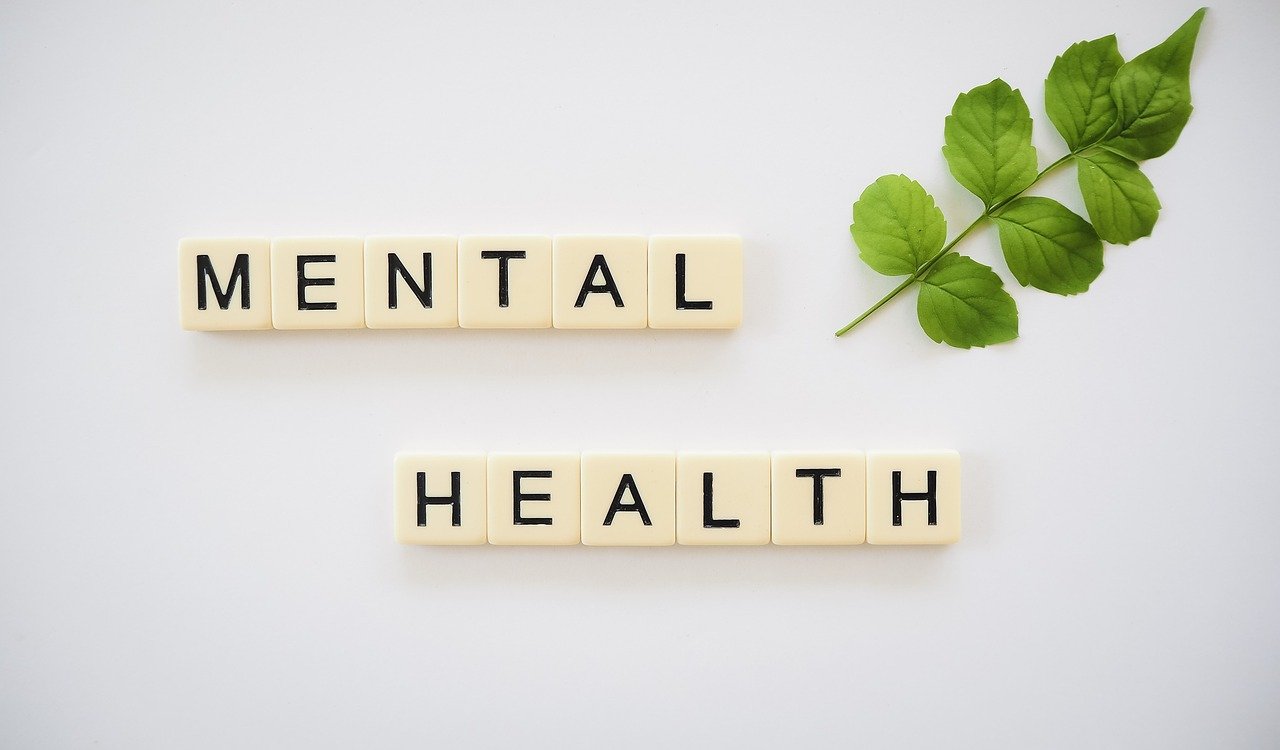The Connection Between Gut Health and Mental Health: What You Need to Know
In recent years, the fascinating and intricate relationship between gut health and mental health has been the subject of extensive research and discussions in the medical and scientific communities. The connection between these two seemingly distinct systems, the gastrointestinal tract, and the brain, has led to groundbreaking insights that highlight the profound impact of one’s gut health on their overall mental well-being. This article delves deep into the various aspects of this connection, shedding light on the intricate mechanisms that tie gut health to mental health and offering valuable insights into what you need to know to maintain both your physical and mental wellness.
Understanding the Gut-Brain Axis
The gut-brain axis, a complex bidirectional communication network between the gut and the brain, forms the foundation of the connection between gut health and mental health. This axis encompasses a multitude of pathways, including neural, hormonal, and immune signaling, that facilitate constant communication between the gut and the brain. The key players in this intricate interplay are the gut microbiota, the diverse array of microorganisms residing in the gastrointestinal tract, and the central nervous system.
The Microbiota’s Impact on Mental Health
An emerging body of research has illuminated the profound impact of the gut microbiota on mental health. The composition and diversity of these microorganisms play a pivotal role in influencing brain function and behavior. The gut microbiota produces a plethora of bioactive compounds, including neurotransmitters such as serotonin and dopamine, which are closely associated with mood regulation. Additionally, the microbiota plays a vital role in the production of short-chain fatty acids that have been linked to cognitive function and emotional well-being.
Inflammation and its Role
Chronic inflammation has been identified as a key player in the gut-brain connection. Poor gut health, often characterized by an imbalance in the gut microbiota (dysbiosis) and increased intestinal permeability (leaky gut), can lead to systemic inflammation. This inflammation can then affect the brain through various pathways, contributing to the development and exacerbation of mental health conditions such as depression, anxiety, and even neurodegenerative disorders.
Stress, Cortisol, and Gut Health
The intricate relationship between stress and gut health further underscores the connection between the two systems. Chronic stress can disrupt the balance of the gut microbiota and compromise the integrity of the intestinal lining. This disruption can lead to increased permeability, allowing harmful substances to enter the bloodstream and trigger inflammatory responses. Moreover, stress activates the release of cortisol, a hormone that, when elevated over extended periods, can negatively impact gut health and contribute to mental health disorders.
Diet and Gut-Brain Health
Diet plays a pivotal role in shaping the composition of the gut microbiota and, consequently, in influencing mental health. A diet rich in fiber, prebiotics, and probiotics supports the growth of beneficial gut bacteria, promoting a balanced gut microbiome. On the other hand, a diet high in processed foods, refined sugars, and saturated fats can lead to dysbiosis, inflammation, and an increased risk of mental health issues.
Promoting a Healthy Gut for Better Mental Health
Maintaining a healthy gut is not only crucial for digestive health but also for overall mental well-being. Several lifestyle strategies can be employed to support this intricate connection and enhance both gut and mental health:
- Balanced Diet: Prioritize a diet rich in whole foods, high-fiber vegetables, lean proteins, and fermented foods to nourish your gut microbiota.
- Stress Management: Engage in stress-reducing activities such as meditation, yoga, deep breathing exercises, and regular physical activity.
- Adequate Sleep: Prioritize quality sleep as it plays a significant role in gut health and cognitive function.
- Hydration: Stay adequately hydrated to support digestion and nutrient absorption.
- Probiotic Supplements: Consider incorporating probiotic supplements under the guidance of a healthcare professional to support a healthy gut microbiome.
The Road to Optimal Well-being
In conclusion, the intricate connection between gut health and mental health highlights the significance of nurturing both systems for optimal overall well-being. The gut-brain axis serves as a powerful reminder that our physical health and mental health are intertwined in ways we are only beginning to fully comprehend. By prioritizing a balanced diet, managing stress, and adopting healthy lifestyle practices, we can pave the way for improved gut health and enhanced mental wellness.










































